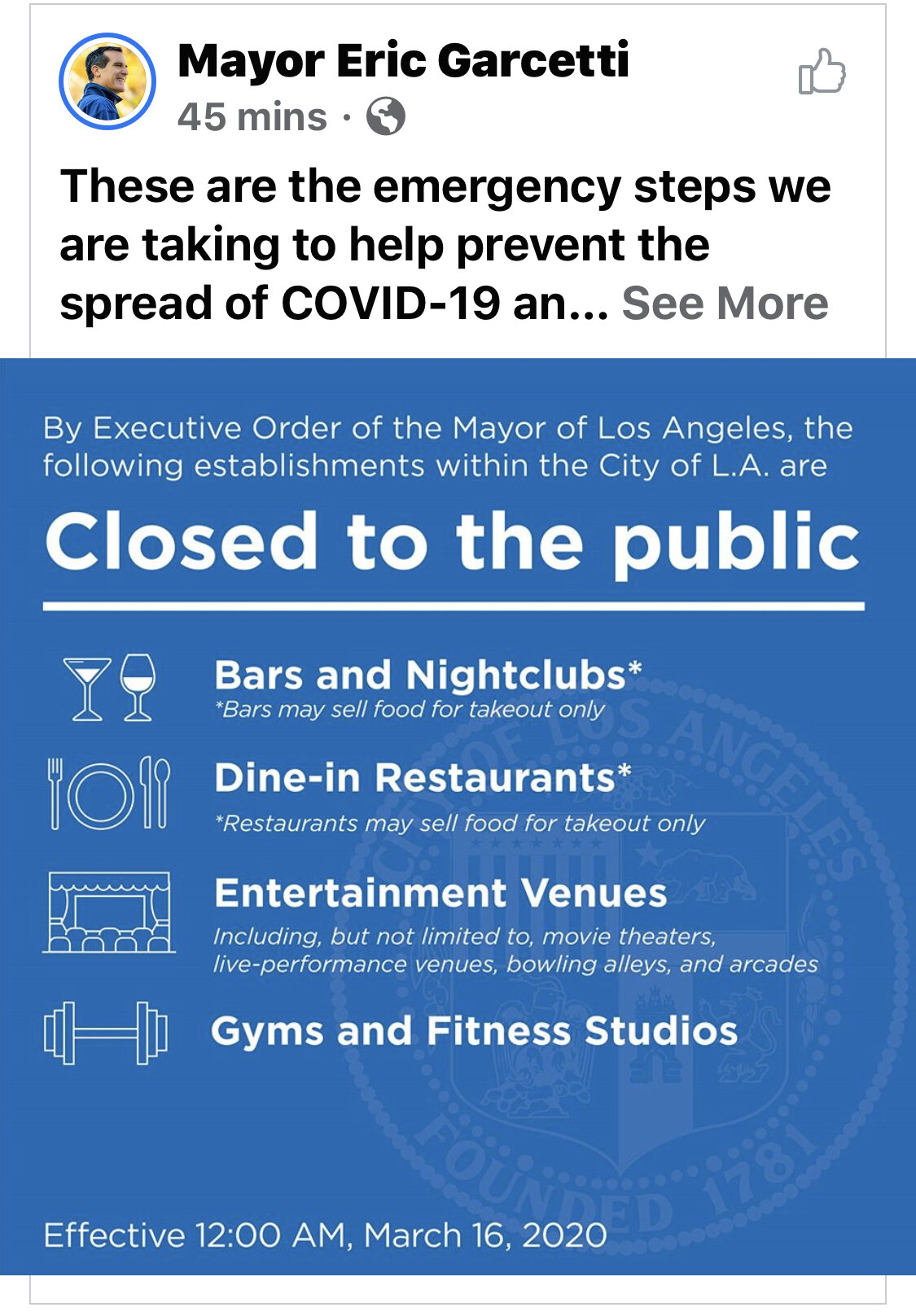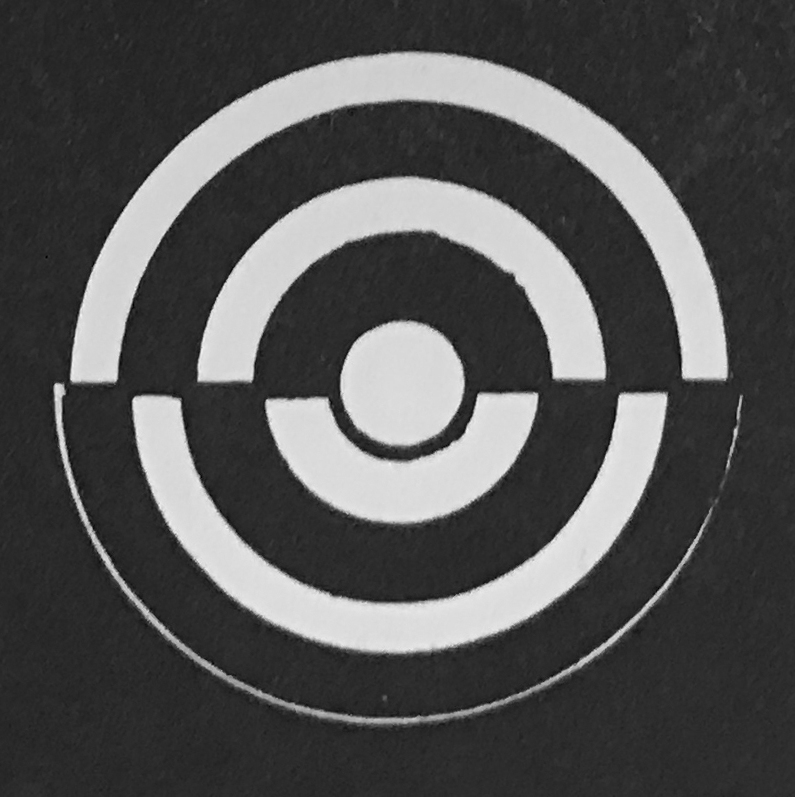Shusei - Practice Serenity
In our tokonoma, above the space where a venerable picture of O’Sensei is placed, there is a piece of calligraphy which reads shusei (静習) or “to learn or practice serenity.”
Aikido may start out simply as a martial art, but with time and experience, Aikido becomes much more than a way to destroy one’s opponents – it becomes a kind of meditative movement. The highest goal of Aikido training is to be in a state of equanimity. O’Sensei once said, “To practice Aikido fully you must calm the spirit and go back to the origin.” To practice equanimity or shusei is to observe what is happening and then act appropriately and mindfully. To reach this state of mindfulness begins with calming our minds down and we do this with our breathing. In Aikido, after we learn how to move, at some point we learn how to breathe correctly, and this allows our minds to be in a relaxed state and enables us to be mindful. Modern neuroscience reveals that when we hold our breath, even when we don’t think we are, our nervous system goes into sympathetic mode or “fight or flight.” When we actively engage in deep breathing, our nervous system goes into a parasympathetic state or “relaxed.” To mindfully breath is something called vagovasal breathing which is nothing more than making one’s out-breath twice as long as their in-breath. No matter what happens, practice serenity. Breathe and be calm and mindful.
To practice vasovagal breathing on your own you can use the 4-7-8 method. Breathe in through your nose or mouth to a count of four. Hold it in for a count of seven. Breathe out through your mouth or nose for a count of eight. Keep doing it until you feel relaxed.
Read more about the Vagus Nerve:






















